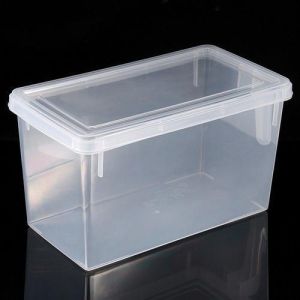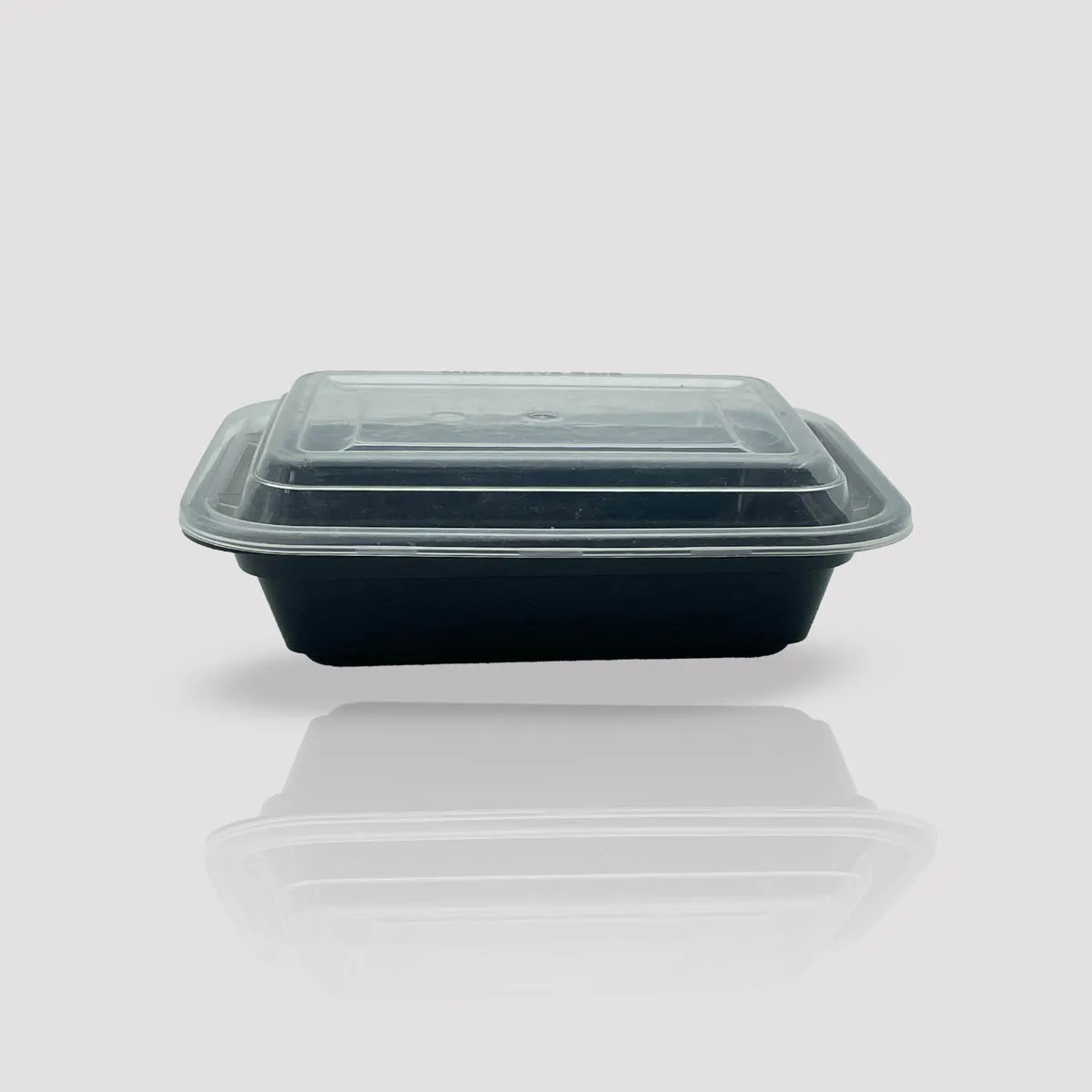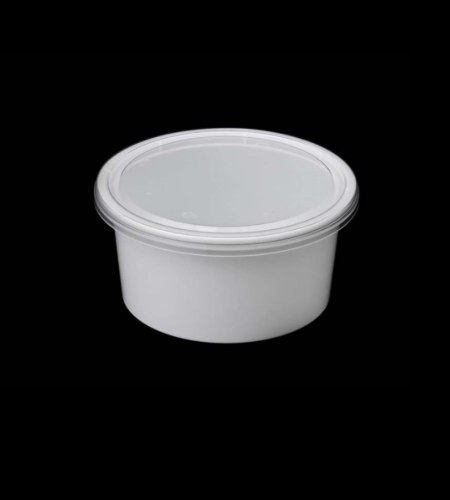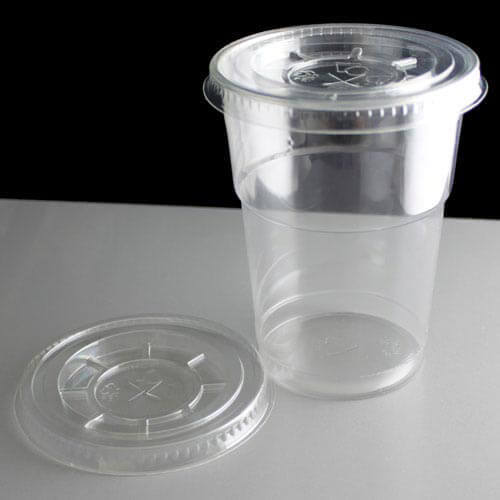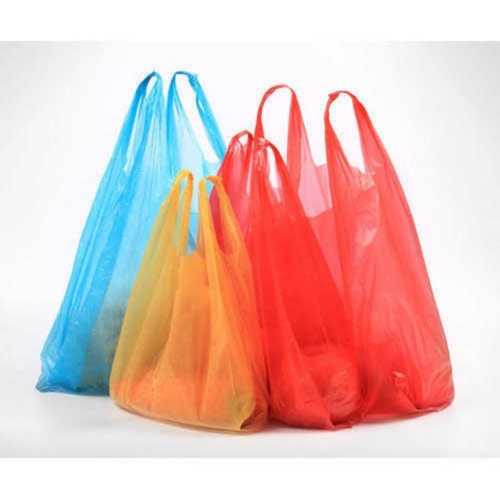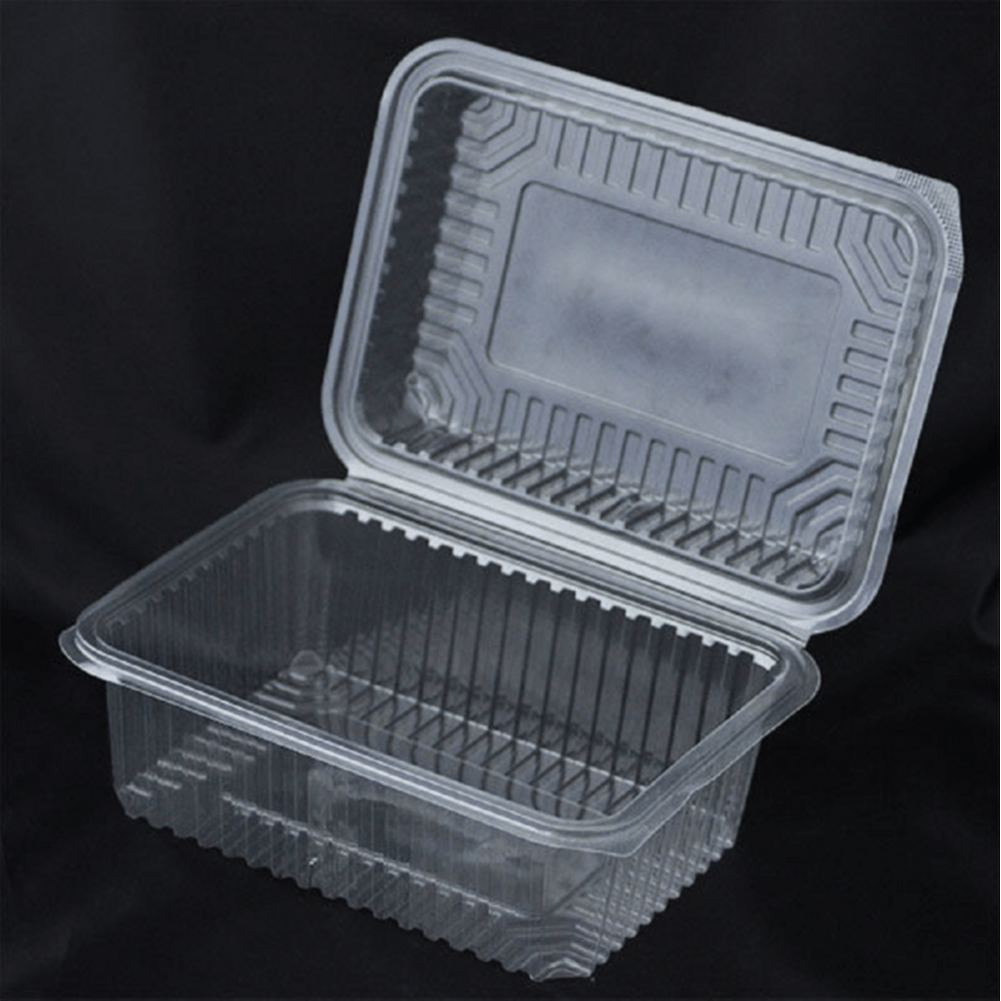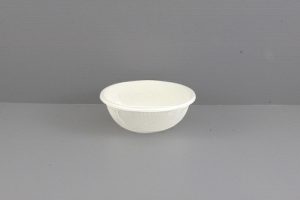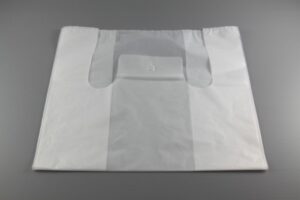The Science Behind Insulation Provided by Foam Box Suppliers Manufacturer

Introduction
In today’s fast-paced world, packaging plays a critical role not only in preserving goods but also in ensuring convenience, safety, and sustainability. Among the various packaging solutions available, foam boxes have become indispensable in industries ranging from food delivery to pharmaceuticals. Their primary advantage lies in their insulation properties, which allow temperature-sensitive goods to maintain their quality, freshness, and integrity during storage and transport.
Behind this seemingly simple solution lies an impressive blend of science, engineering, and design innovation. Foam box suppliers and manufacturers invest heavily in research and production techniques to create products that meet global demands for reliability, sustainability, and performance. In this blog, we’ll explore the science of insulation in foam boxes, why it matters, the industries that benefit most, and how reliable suppliers are pushing innovation in the field.
Why Insulation Matters in Packaging
Insulation is the ability of a material to resist the transfer of heat. For packaging, this property is crucial because many goods—whether hot meals, frozen foods, or temperature-sensitive medicines—require stable conditions to preserve quality.
Consider a simple scenario: A restaurant delivering hot soup to a customer several kilometers away. Without proper insulation, the soup would arrive cold, losing both flavor and appeal. Similarly, a pharmaceutical company transporting vaccines requires consistent low temperatures to maintain potency; even slight deviations can render the product ineffective.
Thus, insulation in foam boxes serves multiple purposes:
- Maintaining freshness of perishable goods
- Preventing spoilage by controlling exposure to external temperatures
- Ensuring safety in food and medical industries
- Enhancing customer satisfaction by delivering products in perfect condition
The Science of Foam Insulation
The insulating properties of foam boxes primarily come from their material structure. Most foam boxes are made of expanded polystyrene (EPS), a lightweight plastic that contains about 95–98% air and only 2–5% polystyrene.
This high air content is the key. Air is a poor conductor of heat, meaning it resists the flow of energy. By trapping air in tiny, closed cells within the foam, EPS acts as an effective barrier against heat transfer. This process reduces conduction and convection, the two main ways heat moves between materials.
Here’s how foam insulation works:
- Thermal resistance – EPS has a high R-value (a measure of insulation efficiency), reducing the rate at which heat passes through it.
- Minimal heat conduction – The air pockets in foam minimize the flow of heat between the inside and outside of the box.
- Low thermal bridging – Because foam is uniform, it prevents localized points where heat could pass more easily.
- Moisture resistance – EPS does not absorb water easily, preventing condensation and preserving insulation efficiency.
Foam Box Applications Across Industries
Food Delivery and Storage
Foam boxes are staples in the food and beverage industry. From pizza deliveries to seafood storage, these boxes maintain optimal temperatures, ensuring meals remain fresh and appealing.
Pharmaceutical and Healthcare
Temperature control is critical for medical supplies like vaccines, insulin, and other biologics. Foam boxes provide an affordable yet highly effective way to ensure safe delivery, even in regions with poor cold chain infrastructure.
Agriculture and Fisheries
Farmers and fishermen rely on foam boxes to transport fresh produce, dairy, meat, and fish. By slowing spoilage, foam packaging reduces food waste and extends shelf life.
E-commerce and Logistics
With the rise of online grocery delivery, foam boxes are increasingly used to ensure perishable products reach customers without losing freshness.
Benefits of Foam Box Insulation
- Lightweight – Easy to carry and transport, reducing logistics costs.
- Durable – Resistant to impacts and able to protect fragile items.
- Affordable – Compared to alternatives like metal or refrigerated containers.
- Reusable – Foam boxes can often be reused multiple times if handled carefully.
- Versatile – Available in different sizes and thicknesses depending on need.
Sustainability and Environmental Considerations
Foam packaging has often faced criticism for its environmental footprint. However, advancements in recycling technologies are changing the way industries view EPS. Today, foam boxes can be recycled into new products such as picture frames, insulation panels, or construction materials.
Manufacturers are also exploring biodegradable foam alternatives, made from plant-based starches, that maintain insulation properties while minimizing ecological impact. Sustainable innovations like these highlight the evolving role of foam box suppliers in addressing global environmental challenges.
Challenges in Foam Box Manufacturing
Like any industry, foam box manufacturing comes with its challenges:
- Balancing insulation with eco-friendliness – Creating effective thermal barriers while reducing environmental impact.
- Transportation and storage space – Foam’s bulkiness can make storage less efficient.
- Regulations – Growing restrictions on single-use plastics affect foam use in certain regions.
- Consumer perception – Many still view foam packaging negatively, regardless of recycling initiatives.
Manufacturers that innovate in design, recycling, and materials can overcome these challenges while continuing to deliver reliable insulation solutions.
Innovations in Foam Box Insulation
Modern foam box manufacturers are incorporating cutting-edge innovations such as:
- Multi-layered insulation combining foam with reflective films.
- Eco-friendly foams made from bio-polymers.
- Smart packaging with temperature sensors to track cold-chain performance.
- Stronger structural designs for repeated use.
Such developments ensure foam boxes remain relevant in industries where reliability and sustainability are both non-negotiable.
Looking Beyond Foam: Diversification in Packaging
While foam boxes dominate the insulated packaging space, many suppliers are diversifying into other eco-friendly and reusable packaging solutions. This diversification allows businesses to offer a full suite of options—both for thermal insulation and everyday sustainable use—ensuring they remain adaptable to shifting market preferences.
Why Businesses Value Versatility in Packaging Partners
A supplier that can offer both specialized insulated foam boxes and other environmentally friendly solutions adds significant value for businesses. It enables them to meet a broader range of needs under one trusted partner, reducing reliance on multiple suppliers.
This versatility ensures:
- Consistent quality standards across different packaging solutions
- Streamlined supply chains with one point of contact
- Better sustainability practices across product ranges
- Long-term partnerships built on trust and adaptability
Expanding Beyond Insulated Packaging: The Role of String Bags
In addition to foam box solutions, many packaging innovators are diversifying into reusable and eco-conscious alternatives. One such product is the string bag, a lightweight, reusable, and sustainable packaging choice that has gained popularity worldwide. Businesses today often partner with a String Bag Manufacturer in Singapore to complement their insulated packaging options with reusable, eco-friendly solutions.
Green Packs: A Trusted String Bag Manufacturer in Singapore
Among the leaders in sustainable packaging, Green Packs has established itself as a reliable String Bag Manufacturer in Singapore. Their approach goes beyond functionality—they design string bags that blend practicality with environmental responsibility, making them ideal for businesses aiming to reduce single-use packaging.
Green Packs combines advanced manufacturing techniques with eco-conscious materials, helping clients meet modern sustainability goals while enhancing their brand reputation.
Why Choose Green Packs for String Bags and More
Businesses that partner with Green Packs , a top String Bag Manufacturer in Singapore, gain access to a diverse range of high-quality, sustainable packaging solutions. Whether it’s insulated foam boxes for temperature-sensitive goods or reusable string bags for retail and daily use, Green Packs ensures consistent quality, innovative design, and eco-friendly practices.
Conclusion
The science of insulation in foam boxes demonstrates how a simple packaging product can make a significant difference across industries, from food to healthcare. By resisting heat transfer and preserving product quality, foam boxes ensure goods arrive fresh, safe, and reliable. At the same time, sustainability challenges push suppliers to innovate, finding eco-friendly ways to continue delivering exceptional insulation performance.
Looking forward, businesses will increasingly demand versatility from their packaging partners. That’s where companies like Green Packs excel. As a leading String Bag Manufacturer in Singapore Green Packs offers more than just sustainable string bags—they represent a broader commitment to innovation, reliability, and eco-conscious solutions. Partnering with Green Packs gives businesses the confidence
































